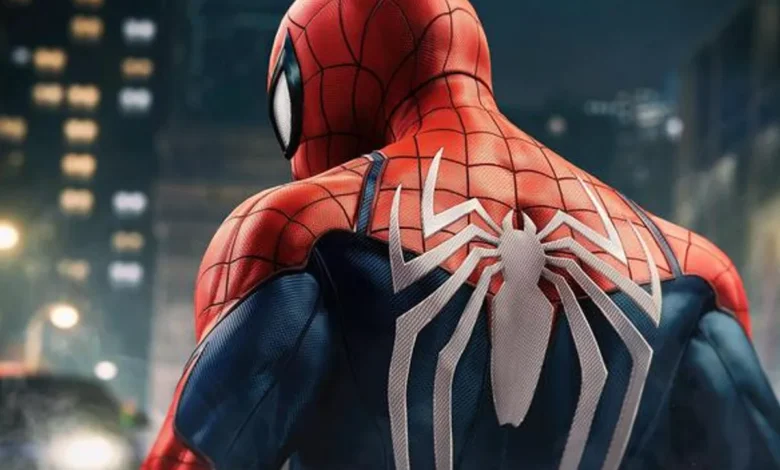8-year-old boy lets ‘Black Widow’ spider bite him to turn him into ‘Spider-Man’
The incident occurred in the town of Vichuloma, Oruro which is located in the South American nation of Bolivia.

Superheroes are all the trend right now and many children around the world aspire to be one when they grow up. One such boy in Bolivia let a ‘Black Widow’ spider bite him so that the boy could turn into his favourite superhero, Spider-Man, who turned into a superhero after being bitten by a radioactive spider.
The 8-year-old boy in Bolivia found the spider under a stone. After seeing the characteristic red markings on the arachnid, he allowed himself to be bitten because he wanted to become Spider-Man said Ernesto Vásquez, head of the Zoonotic Diseases Program of the Departmental Health Service of Oruro.
Black widow spiders are several species of venomous arachnids in the genus Latrodectus. In most cases, female specimens feature distinctive reddish, hourglass-shaped markings on the underside of their abdomen, which tends to be dark in colour.
Latrodectus spiders, commonly known as the true widows, are found on every continent except Antarctica. The venom of these spiders contains a neurotoxin known as alpha-latrotoxin. This affects the nervous system and can cause symptoms such as pain, redness and swelling around the bite site, abdominal cramps, nausea and vomiting, tremors, and sweating.
Despite their fearsome reputation these spiders tend to bite only in self-defense or in response to a perceived threat. Any person bitten by this spider do not suffer any serious complications but they do experience varying levels of discomfort. In very rare cases, people bitten by the spider need medical treatment. However, the bite of the spider has caused death in the rarest of rare cases due to the severe disruption of nerve signals in the body. In general, young children, the elderly and people with underlying health problems are at highest risk from spider bites. It is to be noted that the bites of female widow spiders tend to pose more of a risk to humans than bites of males.



